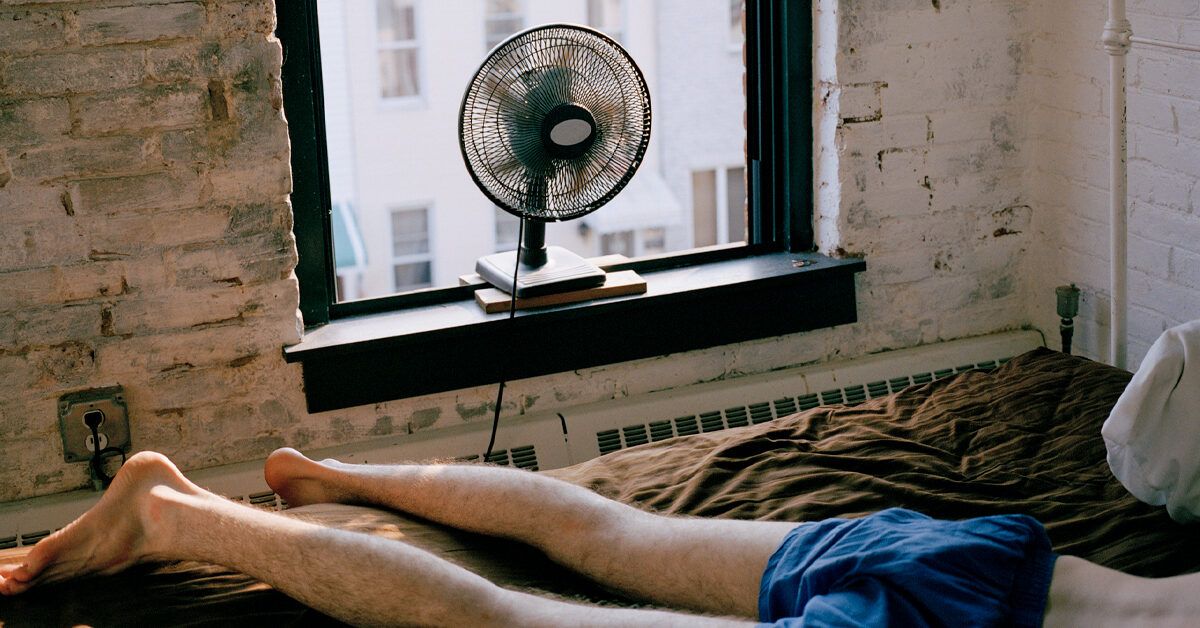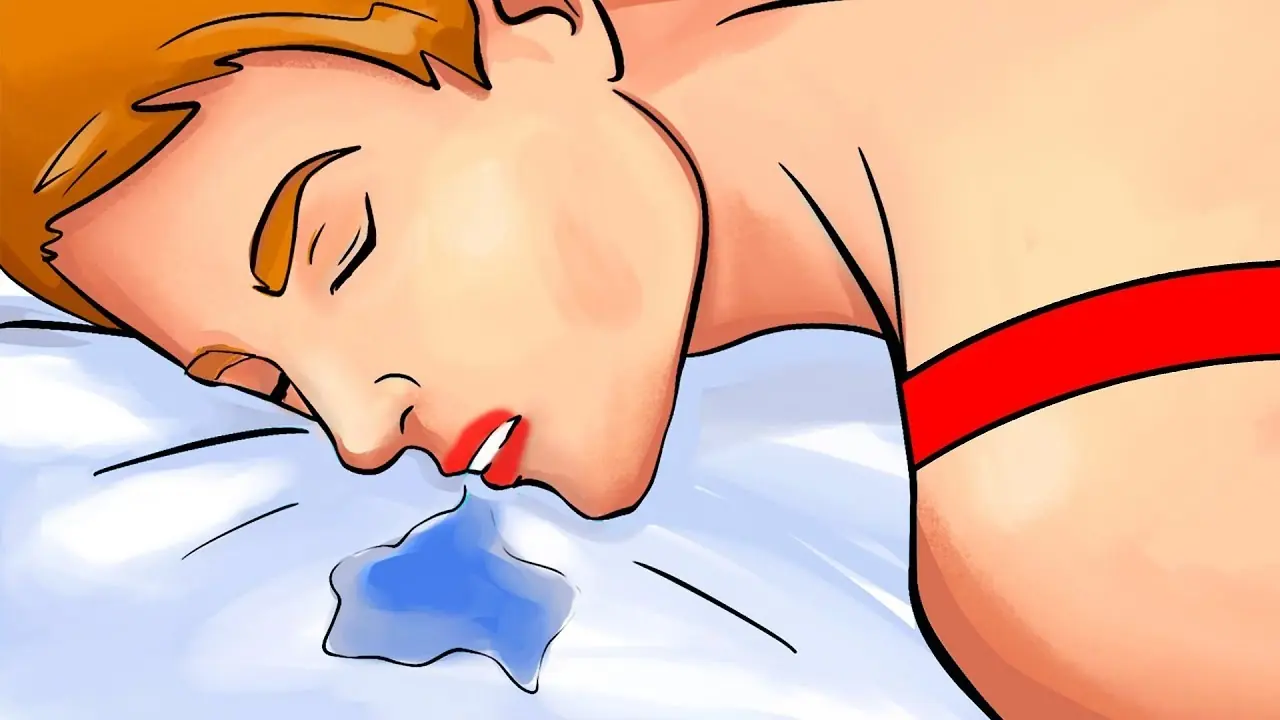
The Pros and Cons of Sleeping with a Fan On
Many people find it hard to fall asleep without the gentle hum of a fan in the background. Whether it’s for comfort, cooling, or background noise, sleeping with a fan on has become a nightly routine for millions around the world. However, while it offers several benefits, there are also drawbacks that should be considered. This article will explore both the pros and cons of sleeping with a fan on, helping you decide if it’s the right choice for your sleep environment.
The Pros
1. Improved Air Circulation
One of the main benefits of sleeping with a fan on is improved air circulation. A fan helps move stale air around the room, making it feel fresher. This is especially useful in rooms without good ventilation or during hot summer nights. Improved air movement can also prevent the build-up of odors and reduce the feeling of stuffiness, which can make sleep more comfortable.
2. Temperature Regulation
Fans are a popular choice for cooling down a room when temperatures rise. They don’t lower the room temperature like an air conditioner, but they create a wind-chill effect by moving air across the skin, which helps the body feel cooler. For people who find it hard to sleep when it’s hot, a fan can be the difference between a restless night and a restful one.

3. White Noise
The steady hum of a fan creates what’s known as "white noise" — a constant sound that can mask other, more disruptive noises. This is particularly helpful for light sleepers or people living in noisy areas. White noise can drown out traffic, barking dogs, or noisy neighbors, allowing the brain to relax and fall into a deeper sleep more easily.
4. Cost-Effective Alternative
Compared to air conditioning, fans are much more energy-efficient and cheaper to operate. For those looking to cut down on electricity bills, using a fan at night instead of running an AC can save money while still offering some comfort.
The Cons
1. Dry Skin and Sinuses
One of the most common drawbacks of sleeping with a fan on is dryness. Constant airflow can cause dry skin, lips, eyes, or sinuses. People with allergies or sensitive skin may wake up with irritation or even nosebleeds if the air is too dry. In some cases, the fan may blow dust and allergens into the air, making things worse.
2. Muscle Stiffness and Cramps
Sleeping directly in the path of a fan can sometimes lead to stiff muscles or cramping, especially in the neck and shoulders. This happens because the constant cool airflow can cause certain muscles to tense up during the night. If you already suffer from muscle pain or stiffness, this could make your mornings more uncomfortable.
3. Allergies and Asthma
Fans can stir up dust, pollen, and other allergens that have settled on furniture or carpets. For people with allergies or asthma, this can trigger sneezing, coughing, or even asthma attacks during the night. Regular cleaning of the fan and the room is essential to reduce this risk.
4. Noise Sensitivity
While many find fan noise soothing, others may find it distracting or irritating. If you are sensitive to repetitive sounds or mechanical hums, the sound of a fan might actually interfere with your sleep instead of helping it.
Conclusion
Sleeping with a fan on can be a great way to stay cool, improve airflow, and create soothing background noise. However, it's not for everyone. For some, it can lead to dryness, muscle stiffness, or allergy flare-ups. The key is to weigh the pros and cons based on your own needs and environment. If you decide to sleep with a fan, consider using a timer, rotating fan, or adding a humidifier to minimize potential downsides. Ultimately, creating a comfortable and healthy sleep environment is about balance and personal preference.
News in the same category


World-first sperm race is happening soon and the creators have revealed how it will work

Scientists Grow First Fully Formed Tooth In Lab — A Groundbreaking Breakthrough

New COVID Wave Surges — Health Officials Sound Alarm As Cases Double

10 Things That Men May Find Unattractive About Women Over 50

8 Signs You Might Be Affected by Lactose Intolerance

Understanding Diabetes: Types, Symptoms, Risks, and How to Manage It

Doctors Highlight A Rare Cancer Symptom That Can Appear On Your Toenails

Stroke Warning Signs: When Your Body Sends a Silent SOS

Understanding Cholesterol: The Good, the Bad, and How to Keep It in Check

Only 1 Cup a Day: Choose 1 of These 3 Drinks to CLEANSE Your Fatty Liver!

SHOCKING Tips to Lower Cholesterol! Foods You Need to Know!

7 Kinds of Pain That Shouldn't Be Ignored

Natural Nighttime Elixir: Reduce Belly Fat in Four Days Safely

10 Reasons You’re Drooling While You Sleep and What It Could Mean

Scientists Successfully Grow Human Teeth in Lab — A Breakthrough in Dental Regeneration

The 4 Dangerous Qualities of “Dark Empaths”

7 SHOCKING Benefits of Cayenne Pepper You Never Knew!

What Is Brain Fog? Scientists Are Finally Starting to Find Out

70-Year-Old Woman Who Used Her Deceased Son's Sperm to Have His Child Through Surrogacy Shares Update After Birth
News Post

Doctors make disturbing discovery in the brains of heavy alcohol drinkers that 'can cause long-term effects'

World-first sperm race is happening soon and the creators have revealed how it will work

Scientists Grow First Fully Formed Tooth In Lab — A Groundbreaking Breakthrough

New COVID Wave Surges — Health Officials Sound Alarm As Cases Double

10 Things That Men May Find Unattractive About Women Over 50

8 Signs You Might Be Affected by Lactose Intolerance

Understanding Diabetes: Types, Symptoms, Risks, and How to Manage It

Doctors Highlight A Rare Cancer Symptom That Can Appear On Your Toenails

Stroke Warning Signs: When Your Body Sends a Silent SOS

Understanding Cholesterol: The Good, the Bad, and How to Keep It in Check

Only 1 Cup a Day: Choose 1 of These 3 Drinks to CLEANSE Your Fatty Liver!

SHOCKING Tips to Lower Cholesterol! Foods You Need to Know!

Mix Baking Soda and Cloves to Save Tons of Money – You Won't Believe the Results!

The #1 Anti-Cancer Food You Should Be Eating

7 Kinds of Pain That Shouldn't Be Ignored

Natural Nighttime Elixir: Reduce Belly Fat in Four Days Safely

Harry Potter star told he may 'never walk or talk' again after shocking diagnosis

10 Reasons You’re Drooling While You Sleep and What It Could Mean

Scientists Successfully Grow Human Teeth in Lab — A Breakthrough in Dental Regeneration
